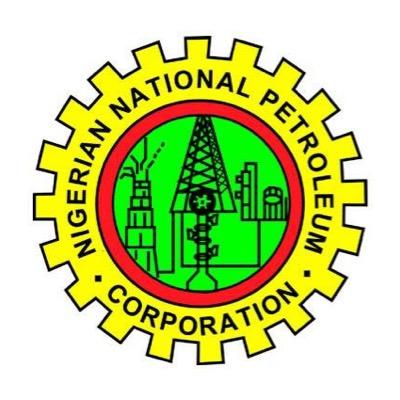For decades, Nigeria’s state oil company couldn’t maintain refineries meant to ensure domestic fuel supply, forcing Africa’s biggest producer to rely on imports. Now it wants to build hospitals to attend to the health needs of the country’s more than 200 million people.
The Nigerian National Petroleum Corp. indicated this shift of focus when it announced plans on Tuesday to build health institutions in 12 of the country’s 36 states at the cost of 21 billion naira ($54 million), part of a new package of non-oil investments that also includes housing and power. The hospitals venture is part of its response to the dearth of health facilities in the wake of the coronavirus pandemic.
It’s also among “measures to cope with the boom and bust cycle in the global crude-oil market and to sustain revenue generation,” the company, also known as NNPC, said in a statement.
The oil firm seems to be hinting that it’s learned the lessons taught by the collapse of crude prices caused by loss of demand and the subsequent price war between Saudi Arabia and Russia. With the state overly dependent on oil, for more than 50% of revenue and 90% of export earnings, President Muhammadu Buhari found his budget plans in tatters as oil fell to a 21-year record low in April.
NNPC, which manages Nigeria’s oil interests with international energy companies, has on its own struggled with financial health for more more than 25 years. Apart from frequently missing its capital obligations in joint ventures, it has among the highest oil-production costs globally and has been saddled with cash-guzzling, dilapidated refineries for years.
At the moment, the state producer is struggling to find buyers for its crude despite huge price discounts, with most of Europe, its primary market, only starting to reopen after three months of lockdown to combat the coronavirus. A situation that perhaps spurred more creative thinking at the Nigerian oil behemoth.
“We do have a lot of non-core business that would be expanded through effective collaboration and partnerships with the private sector,” said Roland Ewubare, the company’s chief operating officer for ventures and business development.
Among the new pathways to health unveiled by Group Managing Director Mele Kyari is a plan to trim production cost to $10 per barrel, revamp the refineries for restart in 2023, seek opportunities in power and housing, and, of course, build the hospitals.
-Bloomberg


